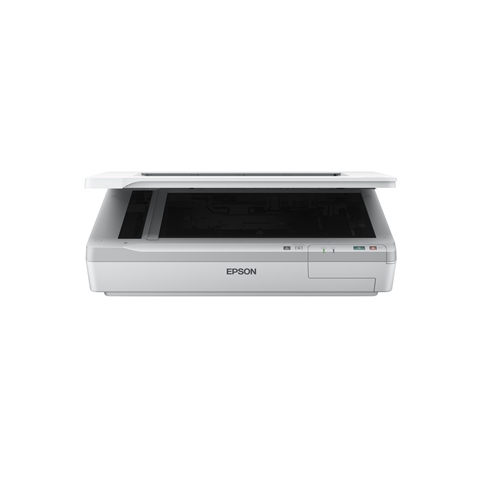
With hybrid workplaces on the rise, businesses and teams are constantly searching for secure, efficient ways to manage their documents. With predictions of the soaring adoption of scanners in the next two years, businesses may want to pay closer attention to scanning technology and the vital role it plays in the digital revolution.
“Remote work is here to stay and with that, employees need to be able to access documents securely and efficiently. Data security is of course high on the list of priorities for businesses as well, and scanners are showing up as the ideal digital solution for this new way of working,” says Epson’s Scan Sales Specialist Clayton Jones.
From a productivity standpoint, scanning also allows for enhanced collaboration and streamlined document sharing between remote teams in different locations and time zones. Scanned documents can be instantly shared via email and cloud, making it easier to share and review documents via cloud storage and collaboration tools.
Practically speaking, paper documents are especially vulnerable in the event of fires, floods, and other natural disasters. Document scanning, in this way, provides a robust solution for disaster recovery, allowing for images and documents to be backed up to the cloud or even electronically protected e-vaulting systems. This ensures that critical documents are not only preserved but also quickly recoverable in the event of a disaster, safeguarding the continuity of business operations.
Scanned documents also offer enhanced security where physical documents are prone to loss, theft, and damage. Scanned documents can be encrypted, password-protected, and securely stored in the cloud, they also aid in compliance with data subject access requests under GDPR and POPIA This ensures that sensitive information remains accessible only to those who are authorised to access it, which ultimately reduces the risk of data breaches taking place.
“Productivity and bottom-line impact have always been major concerns for businesses, while data security remains an ongoing challenge in the digital age. Scanning provides a peace of mind in addressing these concerns, offering a secure, efficient and versatile solution to support hybrid working structures,” says Jones. “With advanced features and robust security measures, our scanning solutions are designed to meet the evolving needs of modern businesses.”
When it comes to data analytics and automation, scanning technology opens up new and innovative ways of working and opportunities for data-driven decision-making. Scanning documents makes them accessible for AI integration as scanned and processed documents can be integrated into automated workflows for instance; by converting paper documents into digital formats, companies can extract valuable insights, automate repetitive tasks, and optimise various workflows in the business.
“When we talk about scanning, many people imagine the older scanner models of yester year,” says Jones. “Modern scanning technology, rather, comes equipped with advanced imaging features to enhance document quality and efficiency. This means that businesses now have access to better image quality and file compression capabilities, along with a range of file type outputs, ensuring that scanned documents are clear, concise, and easily manageable.”
Embracing scanning technology is not just a matter of convenience—it’s a strategic move that can drive long-term success and resilience, particularly in the increasingly hybrid nature of businesses and the modern workplace. From enhanced data security and collaboration to the potential for data analytics and automation, scanners provide businesses with the competitive advantage they need.
INFO SUPPLIED.

